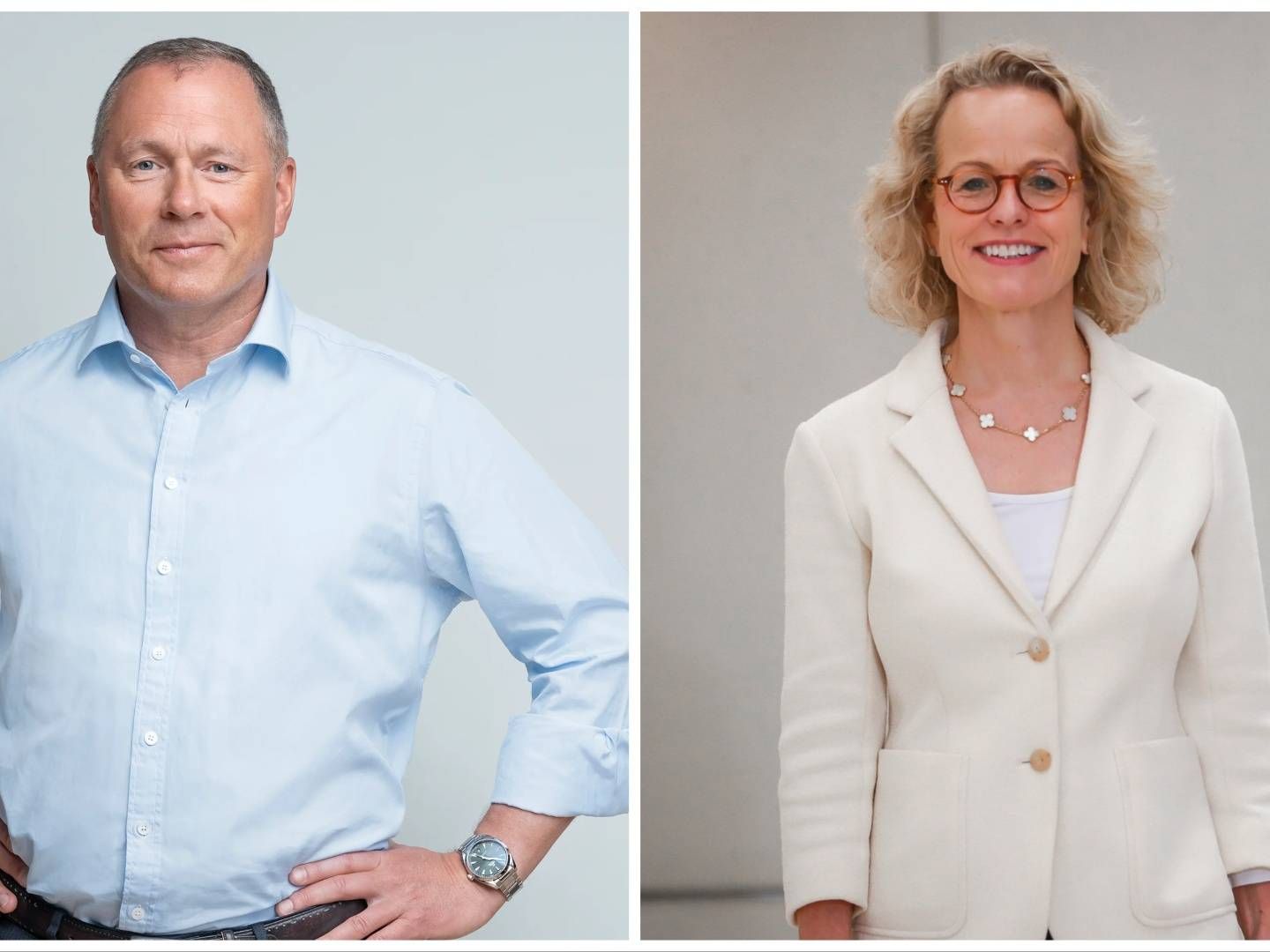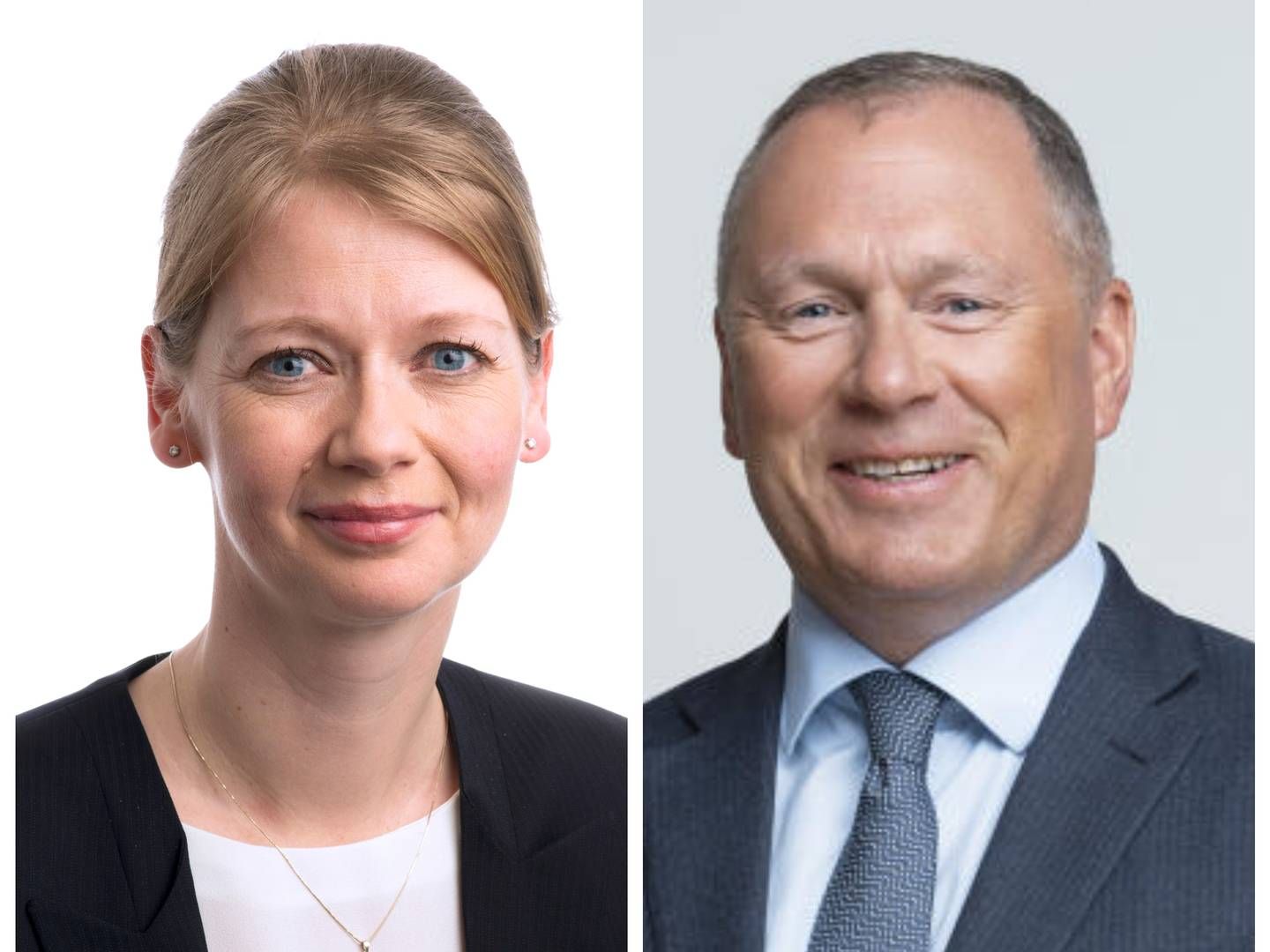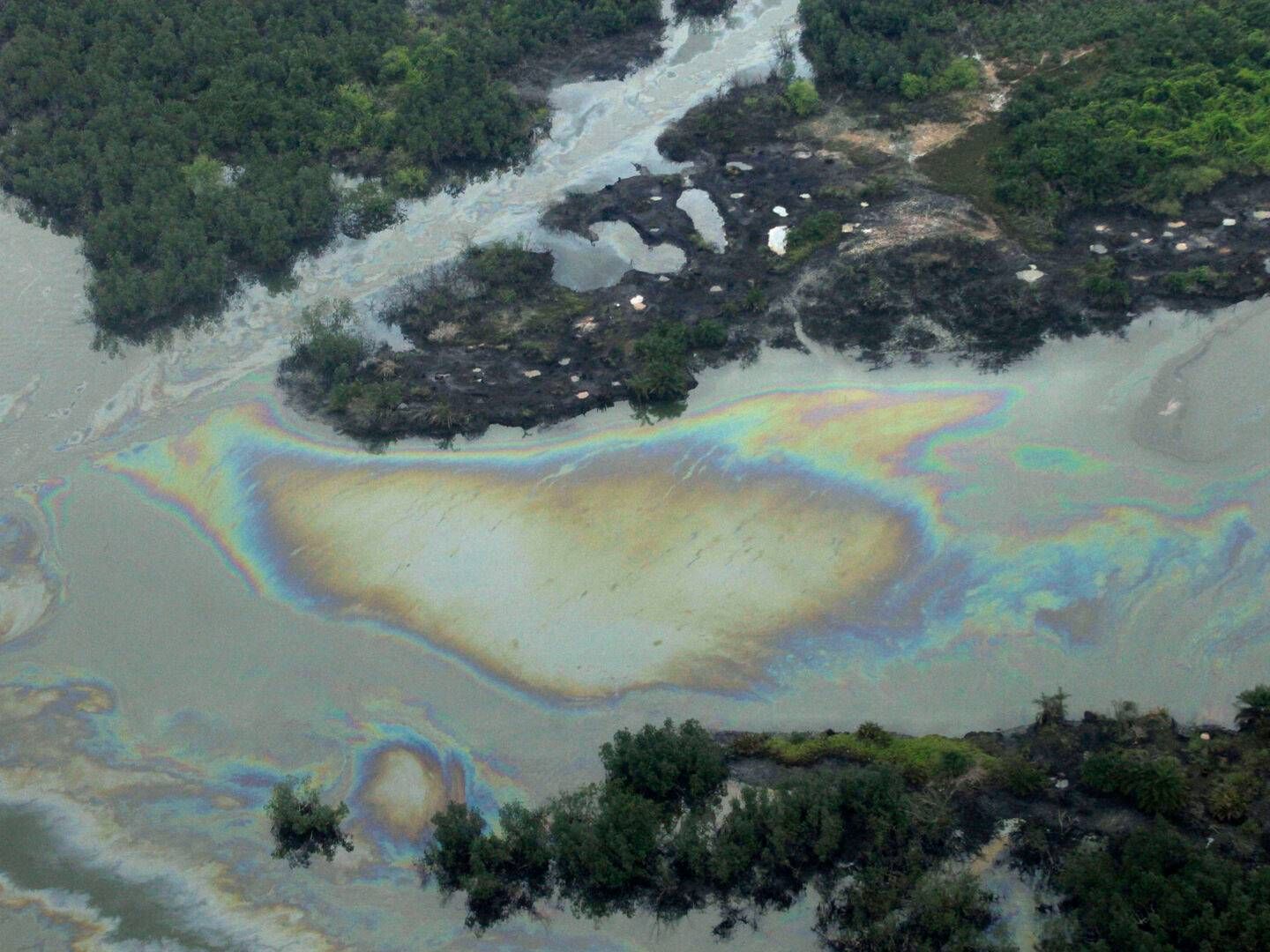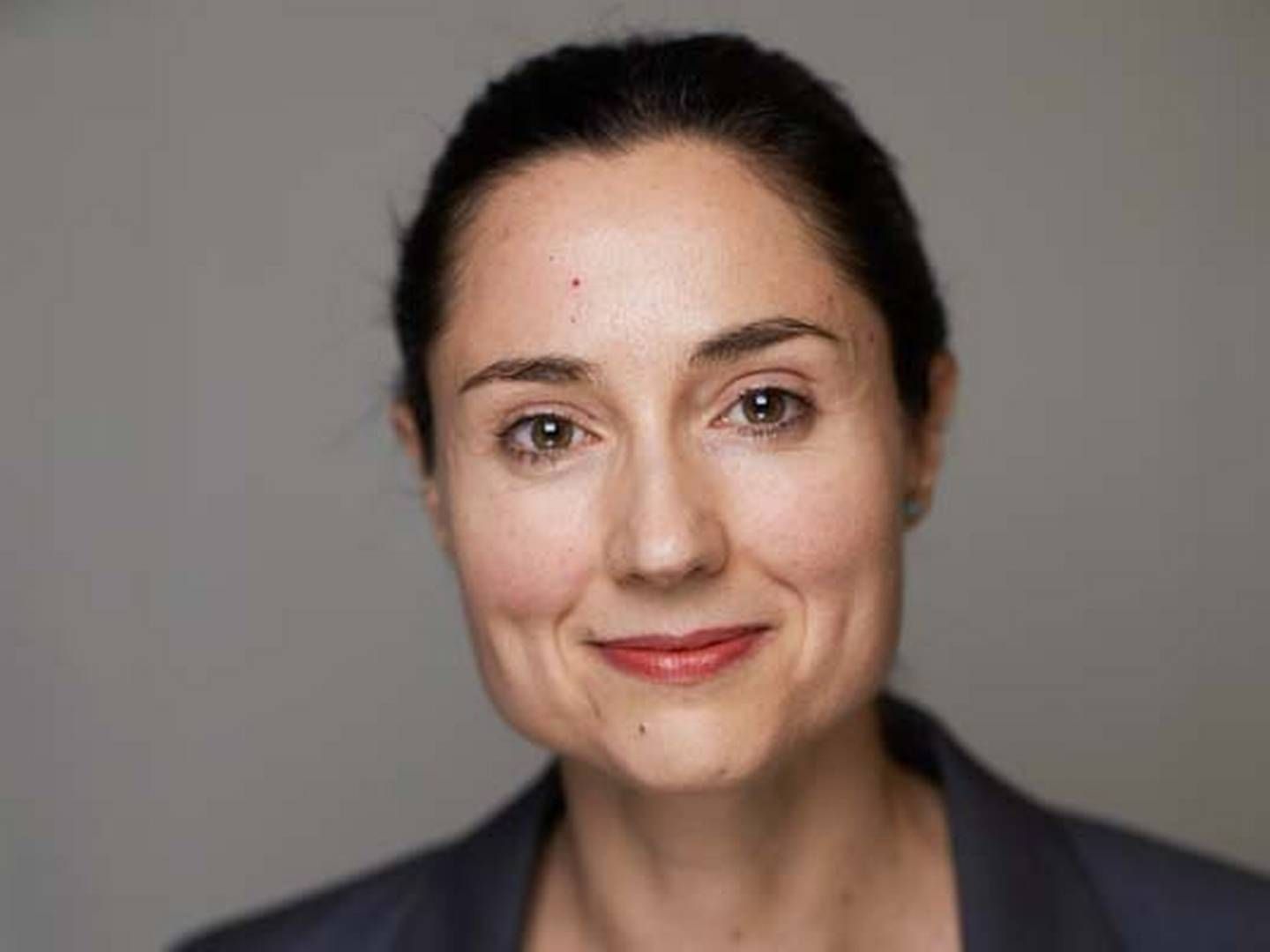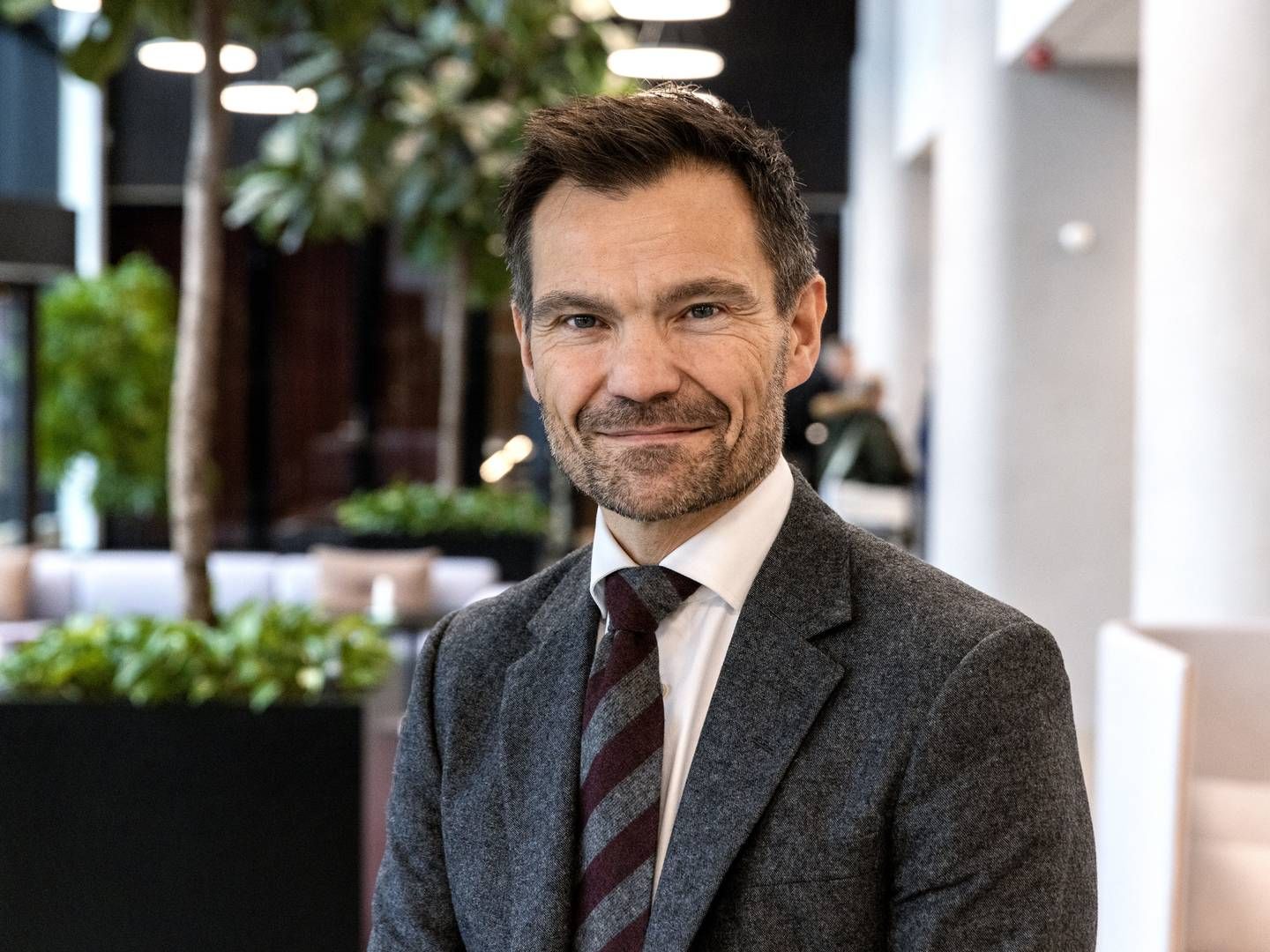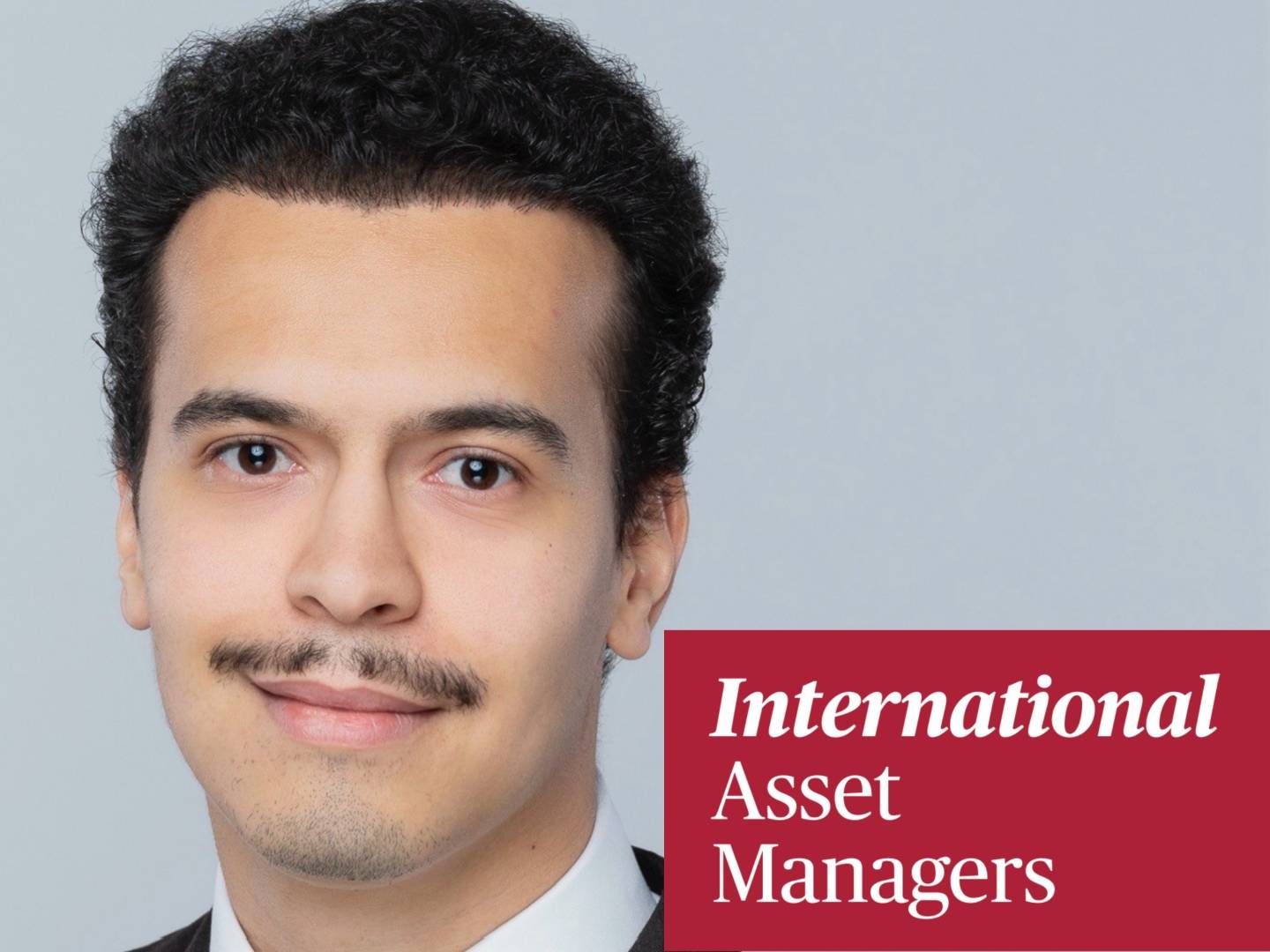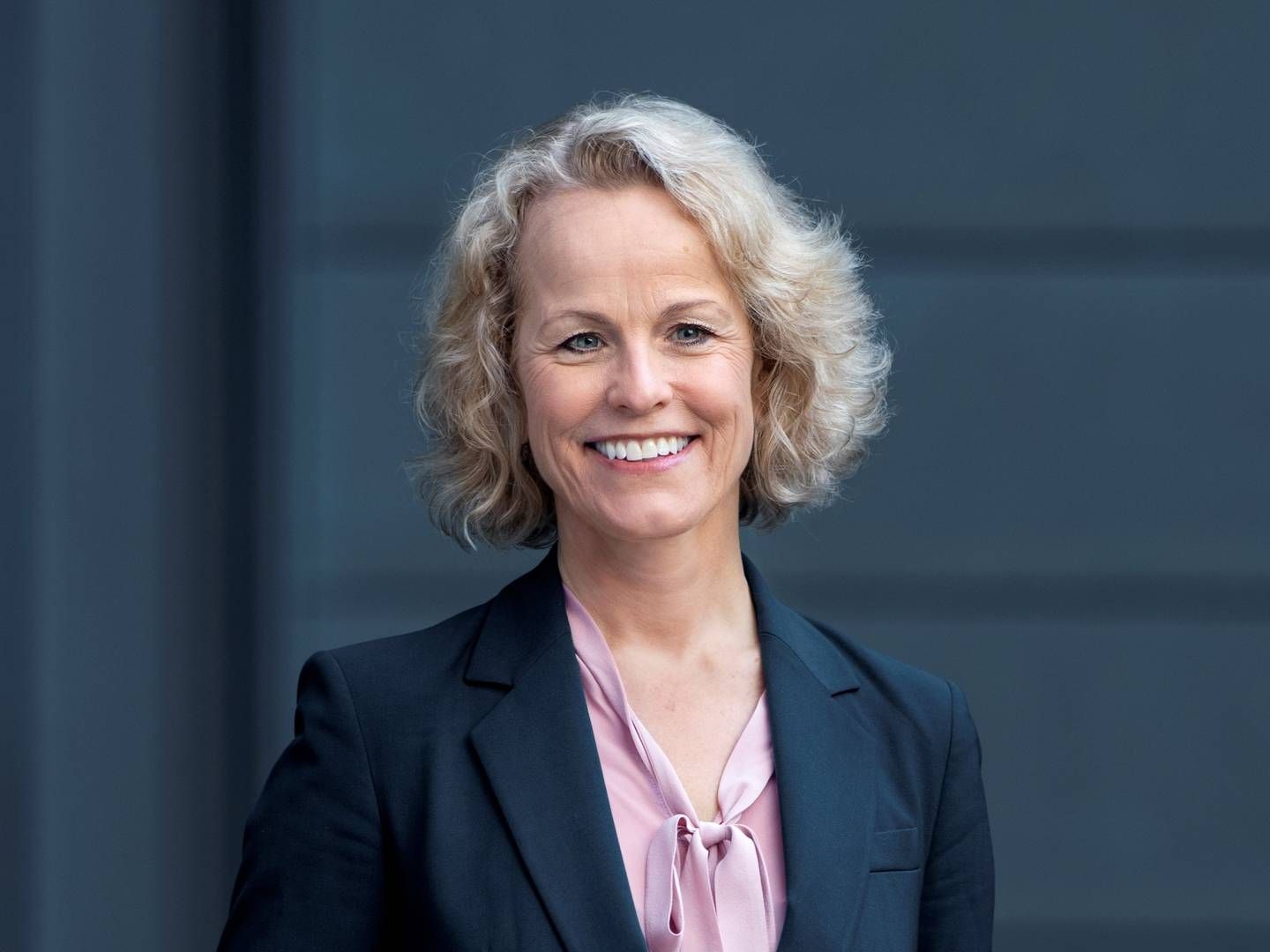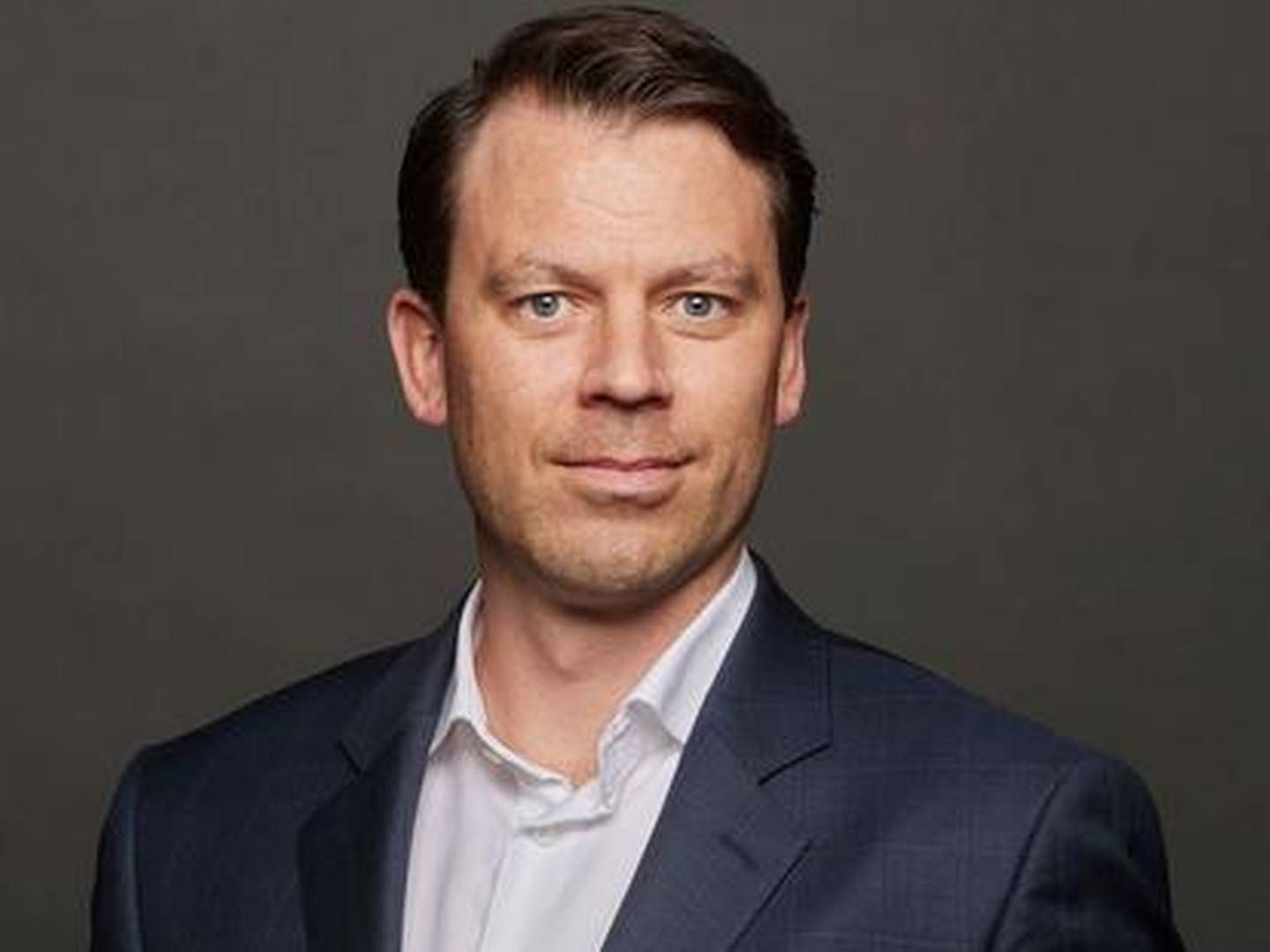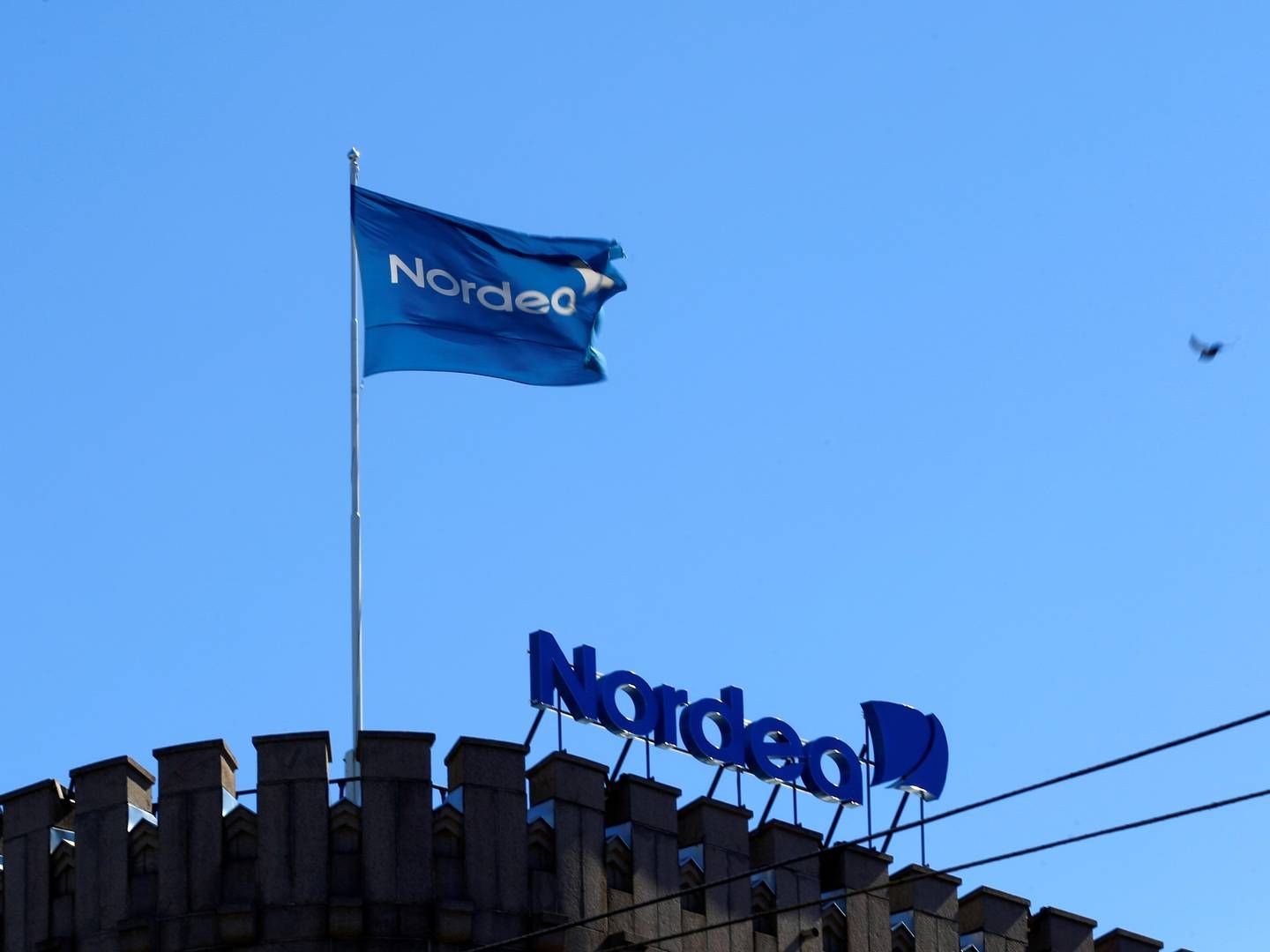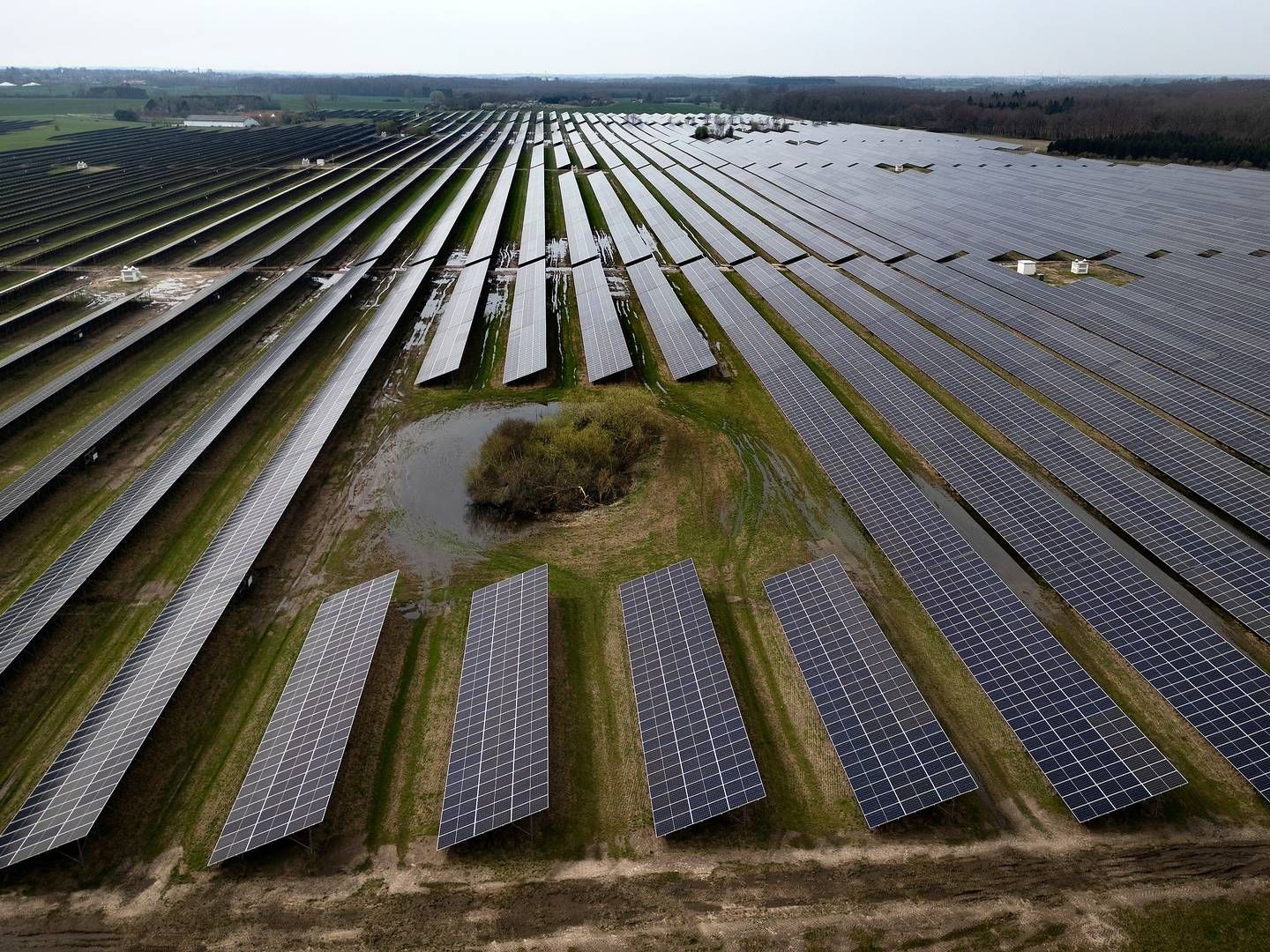Oil fund excludes Israeli company and puts two Japanese firms under observation

The executive board of Norges Bank has decided to exclude an Israeli gas and oil exploration company from its investments and place two Japanese companies on its observation list for three years.
The executive board of Norges Bank supervises the investments of the Government Pension Fund Global, also known as the oil fund, whose assets are managed by Norges Bank Investment Management (NBIM).
The oil fund is one of the largest equity investors in the world, with a current AUM of NOK 15.85trn (EUR 1.39trn). The decisions on observations are communicated on NBIM’s website this week. NBIM currently invests in 9,228 companies across 70 countries.
“Unacceptable risk”
Tel Aviv listed Delek Group Ltd has been excluded from the oil fund’s investments based on its petroleum prospecting offshore West Sahara, the oil fund’s Council on Ethics explains in its recommendation.
At the end of 2022, the oil fund held shares in the company to the value of NOK 600m, corresponding to 3% ownership.
Delek Group’s wholly-owned subsidiary, NewMed Energy, is involved in exploration, extraction and production of natural gas and condensate. The company has entered into an agreement with Moroccan authorities for petroleum exploration offshore Western Sahara, but Morocco does not have legal, sovereign rights over this area’s natural resources, the recommendation adds.
“The Council has considered that Delek Group’s exploration activities offshore Western Sahara must be considered a serious violation of fundamental ethical norms as per the Fund’s ethical guidelines, as the activity is not conducted in accordance with the wishes and interests of the people of Western Sahara, and because it contributes to maintain an unresolved situation for the area,” it adds.
Two Japanese companies
The executive board of Norges Bank has also decided to place Japanese telecommunications company KDDI Corp and Japanese conglomerate Sumitomo Corp under observation for three years. The decisions relate to both companies’ telecom operations in Myanmar.
At the end of 2022, the oil fund owned 1.13% of KDDI’s shares, worth approximately USD 788m, and some 1.38% of Sumitomo’s shares, worth approximately USD 288m.
The Council of Ethics states that there is ”an unacceptable risk” that the two companies are ”contributing to serious violations of the rights of individuals in situations of war or conflict” in Myanmar.
KDDI provides technology and engineering capacity to Myanma Posts and Telecommunications (MPT), while Sumitomo Corp provides MPT expertise and advice relating to sales and marketing and the expansion of its network.
The Council of Ethics writes that since the military coup in Myanmar in 2021, “telecom providers in Myanmar have been ordered to install and activate spyware and surveillance software”. The Council on Ethics notes that although neither KDDI or Sumitomo play ”a direct role in the surveillance”, the Council presumes that the companies are “aware that MPT has installed and activated tools.”
“As long as KDDI’s and Sumitomo’s partnerships with MPT persist, the risk of the companies contributing to the violation of the rights of individuals in situations of war or conflict will remain at an unacceptable level,” The Council on Ethics concludes.
NBIM also notes that, before deciding to exclude or place a company under observation, Norges Bank considers whether the use of other measures, including the exercise of active ownership, may be a better course of action. In the abovementioned three cases, the Executive Board concluded that using other measures was not appropriate.
Related articles
Norway’s oil fund and AP7 to lead class action against SVB
For subscribers

